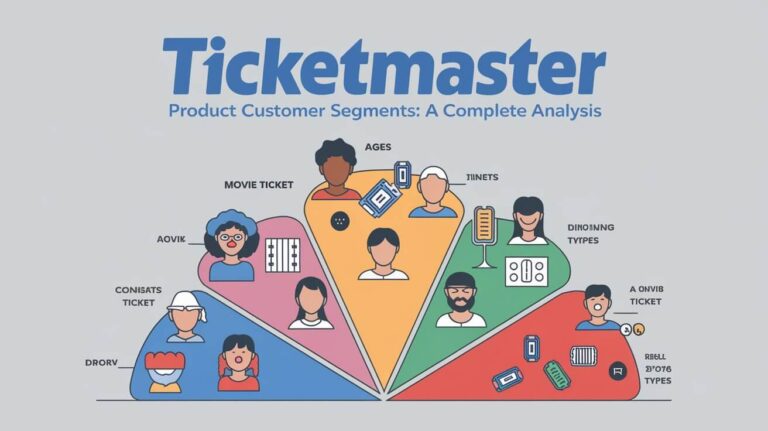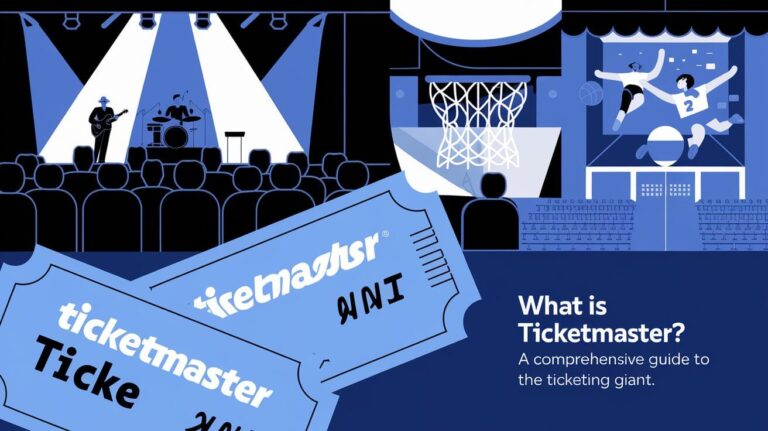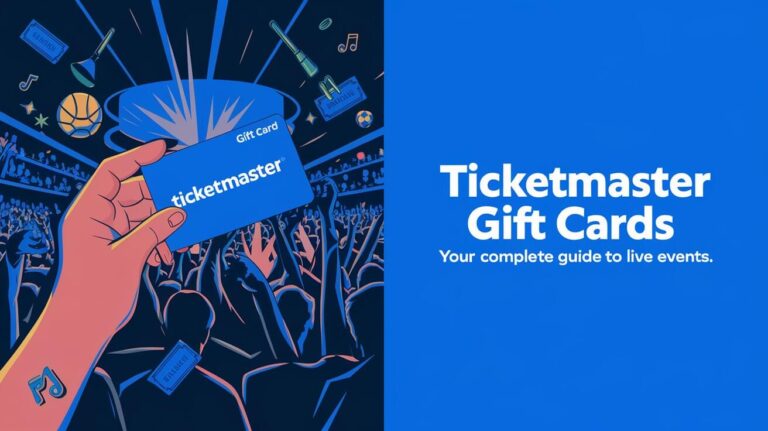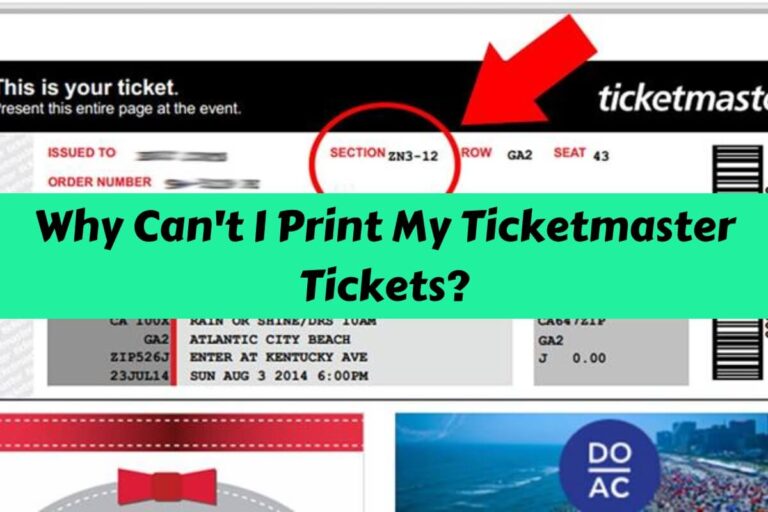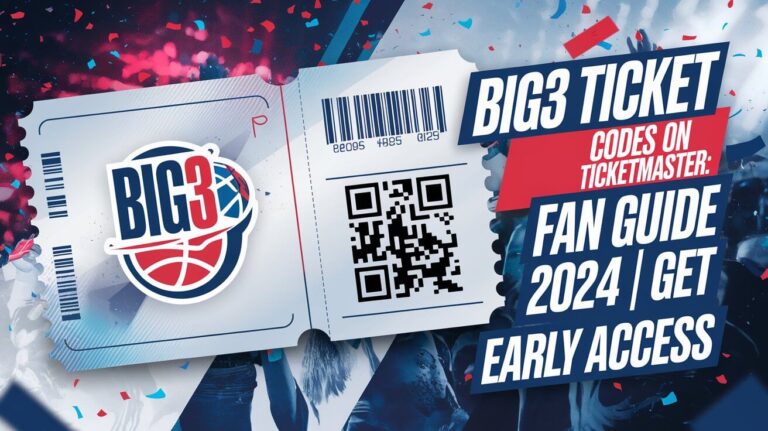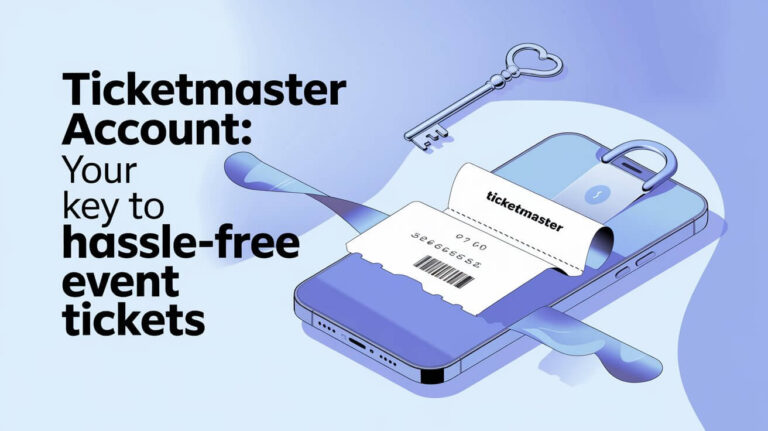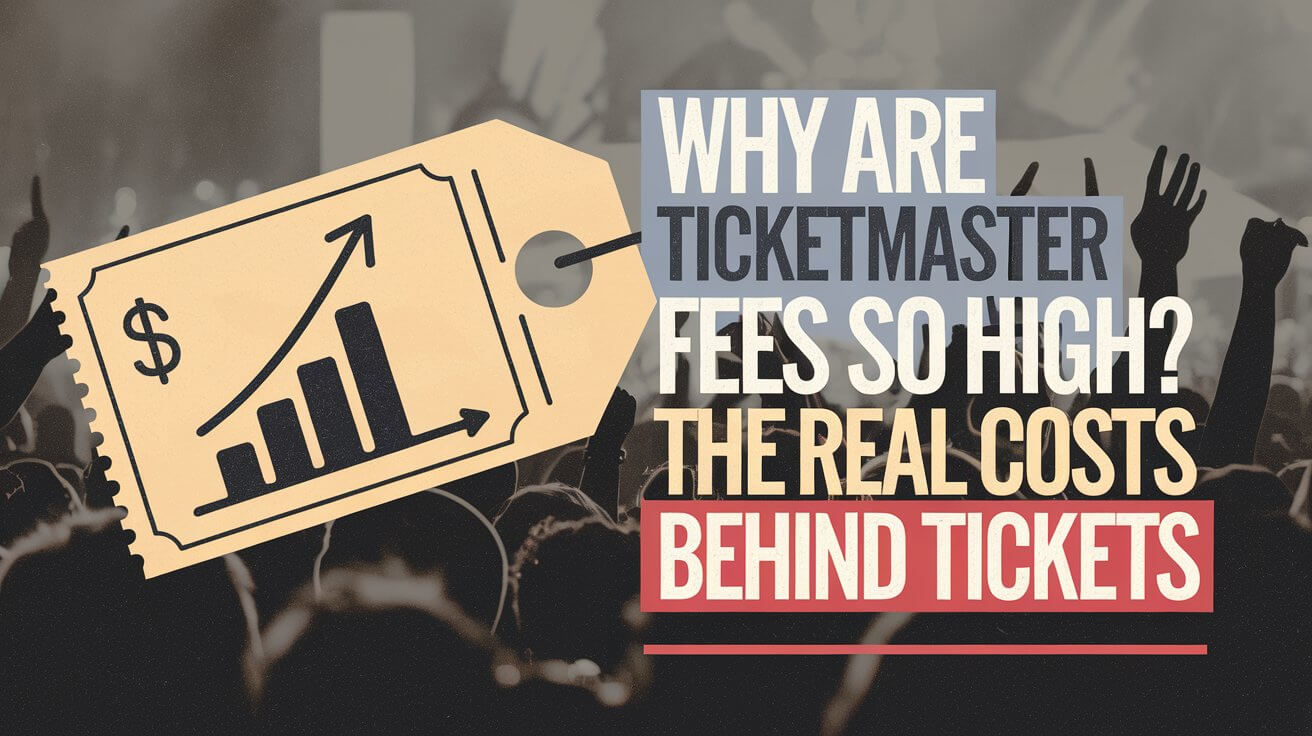
Have you ever felt the sting of buying concert tickets, only to be shocked by the hefty fees tacked on at checkout? You’re not alone. Ticketmaster fees are high due to a complex mix of factors, including venue agreements, artist demands, and operational costs. This post digs into the reasons behind these controversial charges and what they mean for music fans.
The Basics of Ticketmaster Fees
What are Ticketmaster fees?
Ticketmaster fees are additional charges added to the face value of event tickets. These fees often surprise buyers, sometimes adding 20% or more to the ticket price. They’ve become a hot topic among concertgoers and sports fans alike.
Types of fees you might encounter
When buying tickets through Ticketmaster, you’ll likely see several types of fees:
- Service Fee: This is the main fee, applied to each ticket.
- Order Processing Fee: A single fee charged per order.
- Delivery Fee: Varies based on how you receive your tickets.
- Facility Charge: Set by the venue to cover their costs.
These fees can add up quickly, turning what seemed like an affordable night out into a budget-busting expense.
Breaking Down the High Costs
The role of venues in fee determination
Contrary to popular belief, Ticketmaster doesn’t pocket all those fees. Venues play a big part in setting and keeping them. In fact, venues often get the lion’s share of service fees.
Why? Venues use these fees to cover their costs. Think about all the work that goes into hosting an event:
- Staffing (security, ushers, ticket scanners)
- Building maintenance
- Insurance
- Equipment
All these expenses add up. Venues use their cut of ticket fees to help pay for them.
Artist and promoter influence on ticket prices
Artists and promoters also impact ticket costs. They set the base ticket price. Some artists, like Taylor Swift or Beyoncé, can command sky-high prices due to their popularity.
Promoters, who organize and finance tours, need to ensure they can cover their costs and make a profit. This affects the overall ticket price, including fees.
Ticketmaster’s share of the fees
So, what does Ticketmaster actually keep? According to the company, they retain only a portion of the fees. This covers their operational costs and generates profit.
Ticketmaster’s cut helps pay for:
- Technology infrastructure
- Customer service
- Anti-fraud measures
- Equipment for venues
While Ticketmaster’s exact profit margin isn’t public, it’s clear they’re not the only ones benefiting from high fees.
The Economics Behind Concert Ticket Pricing
Supply and demand in the live music industry
Basic economics plays a huge role in ticket pricing. When demand for a show far outstrips the supply of seats, prices soar. This is especially true for top-tier artists who could easily sell out multiple nights at large venues.
The experience economy also drives up prices. Concerts have become premier “experience goods.” Fans are often willing to pay more for the memory of seeing their favorite artist live.
The impact of the resale market on primary ticket prices
The secondary ticket market, dominated by sites like StubHub, has changed the game. When tickets sell for much higher prices on resale sites, it puts pressure on artists and promoters to raise their initial prices.
This creates a cycle:
- Artists underprice tickets to be fair to fans
- Scalpers buy up tickets and resell at a markup
- Artists see the higher resale prices
- They raise initial prices to capture more of that value
It’s a tricky balance between fairness to fans and maximizing revenue.
Ticketmaster’s Monopoly: Fact or Fiction?
Examining Ticketmaster’s market position
Ticketmaster holds a dominant position in the ticket sales market. They have exclusive contracts with many venues, giving them a significant advantage over competitors.
This market power has led to accusations of monopolistic practices. Critics argue that lack of competition allows Ticketmaster to charge higher fees without fear of losing business.
The Live Nation merger and its consequences
In 2010, Ticketmaster merged with Live Nation, creating a powerhouse in the live event industry. This move further concentrated their market power.
The merger raised antitrust concerns. Some argue it’s led to higher prices and fewer choices for consumers. Others say it’s improved efficiency in the industry.
The U.S. Department of Justice is currently investigating Live Nation and Ticketmaster for potential antitrust violations. The outcome could reshape the ticketing landscape.
The Technology and Services Behind the Fees
What do Ticketmaster fees actually pay for?
Ticketmaster argues their fees cover essential services:
- Secure ticketing platform
- Customer support
- Marketing and promotion
- Technology for venues
- Payment processing
These services require significant investment in technology and personnel. Ticketmaster says their fees help cover these costs.
The costs of combating scalpers and bots
A major challenge for Ticketmaster is fighting against scalpers and bots that snap up tickets to resell at inflated prices. This arms race requires constant innovation and investment.
Measures like “Verified Fan” technology aim to ensure real fans get tickets. While these efforts can help, they also add to Ticketmaster’s operational costs.
Consumer Frustration and Industry Response
Public backlash against high fees
High ticket fees have sparked intense consumer backlash. Fans feel gouged by fees that can add 30% or more to ticket prices. This frustration has led to calls for greater regulation of the ticketing industry.
Social media amplifies these complaints. High-profile ticketing failures, like the Taylor Swift Eras Tour fiasco, have put Ticketmaster under intense scrutiny.
Efforts to increase transparency in ticket pricing
In response to criticism, there’s been a push for more transparent pricing. Some artists, like The Cure, have worked with Ticketmaster to reduce fees and increase clarity.
“All-in pricing” is gaining traction. This approach shows the total cost, including fees, upfront. Ticketmaster has started implementing this for some events, and it’s now required by law in some states.
Alternatives to Ticketmaster
Other ticketing platforms and their fee structures
While Ticketmaster dominates the market, alternatives do exist:
- AXS
- Eventbrite
- SeatGeek
- Dice
These platforms often have different fee structures. Some, like Dice, advertise “no hidden fees.” However, they may have less inventory due to Ticketmaster’s exclusive venue contracts.
Direct artist-to-fan ticket sales
Some artists are bypassing traditional ticketing platforms altogether. They sell directly to fans through their own websites or fan clubs. This can reduce fees and give artists more control over pricing.
However, this approach isn’t feasible for all artists. It requires significant infrastructure and can be challenging to scale for larger tours.
The Future of Concert Ticket Fees
Potential regulatory changes
The outcry over high ticket fees has caught the attention of lawmakers. There’s growing momentum for regulations to address ticket pricing practices.
Potential changes could include:
- Mandatory all-in pricing
- Caps on service fees
- Stricter anti-scalping measures
These changes could significantly impact how tickets are priced and sold.
Innovations in ticket pricing and distribution
The ticketing industry is ripe for innovation. New technologies and business models could shake up the status quo:
- Blockchain-based ticketing to reduce fraud
- Dynamic pricing to better match supply and demand
- Virtual reality concerts to increase “seating” capacity
These innovations could potentially lower costs and improve the fan experience.
What Can Fans Do About High Ticketmaster Fees?
Tips for finding better deals
While high fees can seem unavoidable, there are ways to save:
- Join artist fan clubs for presale access
- Check for credit card presales
- Buy directly from the venue box office when possible
- Look for all-in pricing to avoid surprise fees
- Consider less popular show dates or seated sections
Remember, patience can pay off. Sometimes prices drop closer to the event date.
Supporting industry changes
Fans can also advocate for change:
- Support artists who prioritize fair ticketing practices
- Provide feedback to Ticketmaster and venues
- Contact local representatives about ticketing regulations
Collective action can push the industry towards more consumer-friendly practices.
Conclusion: The Complex Reality of Ticketmaster Fees
Ticketmaster fees are high for many reasons. These include venue costs, what artists want, stopping scalpers, and Ticketmaster’s power in the market.
People are right to be upset about high fees, but fixing it isn’t easy. We need to balance paying artists, keeping venues open, using new tech, and keeping tickets affordable.
As live events change, so will ticket sales. Fans can help make things fairer by learning about the issues and speaking up.
When you see high fees, know there’s more going on behind the scenes. Learning about how tickets are sold can help you get the seats you want for less money.

